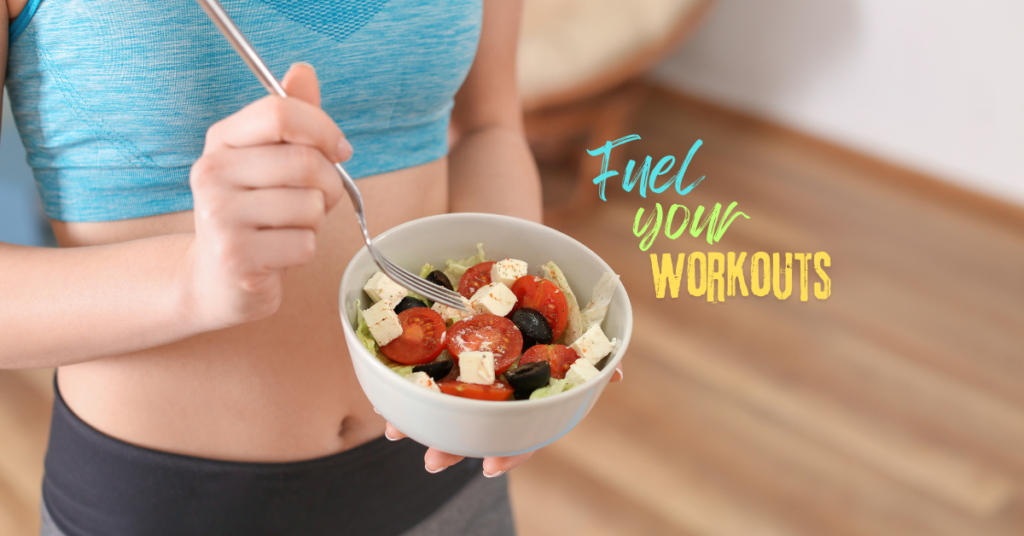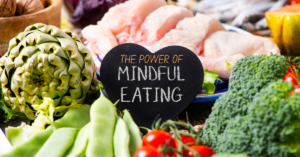Success in your fitness journey heavily depends on the fuel you provide to your body through nutrition and exercise. Properly fueling your workouts with the right balance of nutrients can enhance your performance, speed up recovery, and help you reach your fitness goals more efficiently. In this blog post, we will explore into the relationship between nutrition and exercise, providing you with valuable insights on how to optimize your workouts for ultimate success.
Understanding the Basics of Nutrition and Exercise
The Role of Macronutrients
One fundamental aspect of nutrition for optimal workout performance is understanding the role of macronutrients – carbohydrates, proteins, and fats. Carbohydrates are the body’s primary source of energy, providing fuel for intense exercise. Proteins are imperative for muscle repair and growth, while fats help in hormone production and energy storage. Balancing these macronutrients in your diet is key to supporting your fitness goals.
The Importance of Micronutrients and Hydration
Exercise performance is not solely dependent on macronutrients but also on micronutrients like vitamins and minerals. These micronutrients play crucial roles in energy metabolism, muscle function, and overall well-being. Hydration is equally vital, as even mild dehydration can significantly impact exercise performance. Ensuring adequate intake of micronutrients and staying well-hydrated enhances your body’s ability to perform at its best during workouts.
Pre-Workout Nutrition
Timing Your Meals for Optimal Performance
With pre-workout nutrition, timing is crucial for maximizing your performance during exercise. It is recommended to consume a meal or snack 1-2 hours before your workout to allow enough time for digestion and to provide your body with the necessary fuel to power through your training session.
Best Foods to Eat Before Exercising
Any effective pre-workout meal should consist of a balance of carbohydrates, protein, and healthy fats to provide sustained energy and support muscle repair and growth. Opt for easily digestible foods like whole grains, fruits, lean protein sources, and nuts to fuel your workout without feeling weighed down.
Performance during your workout can be significantly impacted by the foods you choose to consume beforehand. Aim to avoid foods high in saturated fats, excessive fiber, or processed sugars, as they can lead to digestive discomfort and energy crashes. Instead, focus on nutrient-dense whole foods that will provide a steady release of energy to enhance your exercise performance.
Nutrition During Exercise
Staying Hydrated During Your Workout
An important aspect of nutrition during exercise is staying properly hydrated. Dehydration can significantly impact your performance and overall well-being during a workout. Make sure to drink water before, during, and after your exercise session to maintain optimal hydration levels. It’s recommended to drink a few sips of water every 15-20 minutes to replenish fluids lost through sweat and keep your body functioning at its best.
Quick Energy Sources
During intense workouts, your body requires quick energy sources to fuel your muscles and sustain performance. Carbohydrates are the primary source of energy during exercise, providing a readily available fuel source for your body. Quick energy sources like energy gels, sports drinks, bananas, or energy bars can be consumed before or during your workout to boost energy levels and sustain endurance. These options are easily digestible and can provide a rapid energy boost when needed.
It’s important to choose quick energy sources that work best for your body and the type of exercise you’re doing. Experiment with different options during training sessions to determine which ones give you the best energy and performance benefits. Remember to consume these energy sources in moderation to avoid disrupting your workout or causing gastrointestinal distress.

Post-Workout Nutrition
The Recovery Window – What to Eat Post-Exercise
With an intense workout completed, it’s crucial to refuel your body within the recovery window, typically 30 minutes to one hour post-exercise. During this time, your muscles are primed to replenish glycogen stores and repair muscle tissue. Aim for a combination of carbohydrates and protein to kickstart the recovery process and optimize muscle growth and repair.
Rehydration and Electrolyte Replacement
Nutrition
Understanding the importance of rehydration and electrolyte replacement post-workout is key to recovering effectively. Sweat loss during exercise leads to the depletion of necessary electrolytes like sodium and potassium. Replenishing these electrolytes through hydrating fluids or electrolyte-rich beverages is necessary to maintain proper muscle function, prevent cramping, and support overall recovery.
Creating a Personalized Nutrition and Exercise Plan
Assessing Your Dietary Needs Based on Activity Level
All successful nutrition and exercise plans begin with a thorough assessment of your dietary needs, which are highly influenced by your activity level. Based on how active you are, whether you engage in light, moderate, or intense physical activities, you may require different amounts of macronutrients such as carbohydrates, proteins, and fats to fuel your body optimally.
Adapting Your Plan for Weight Loss, Muscle Gain, or Maintenance
With a clear understanding of your goals, whether it’s to lose weight, build muscle, or maintain your current physique, you can adapt your nutrition and exercise plan accordingly. By making strategic adjustments to your calorie intake, macronutrient ratios, and workout intensity, you can support your specific objectives and achieve sustainable results over time.
Dietary adjustments may include increasing protein intake to support muscle growth, reducing overall calorie intake for weight loss, or maintaining a balanced diet to sustain your current weight. It’s necessary to monitor your progress regularly and make necessary tweaks to your plan to continue progressing towards your fitness goals.
To wrap up
As a reminder, nutrition and exercise are key components in fueling your workouts for success. By maintaining a balanced diet rich in nutrients and staying consistent with your exercise routine, you can optimize your performance, recovery, and overall well-being. Remember to listen to your body, fuel it properly, and stay hydrated to ensure you are getting the most out of your workouts. It’s important to prioritize your health and wellness to achieve your fitness goals and lead a fulfilling lifestyle. So, keep up the good work and continue to make healthy choices that support your journey towards a stronger, fitter, and healthier you.
References
- “Fueling Your Workout: What to Eat Before, During and After Exercise” by Mayo Clinic Staff.
- “Nutrition and Exercise: What to Eat Pre- and Post-Workout” by Healthline’s Nutrition Team.
- “Nutrition for Exercise and Performance” by the American Council on Exercise.




